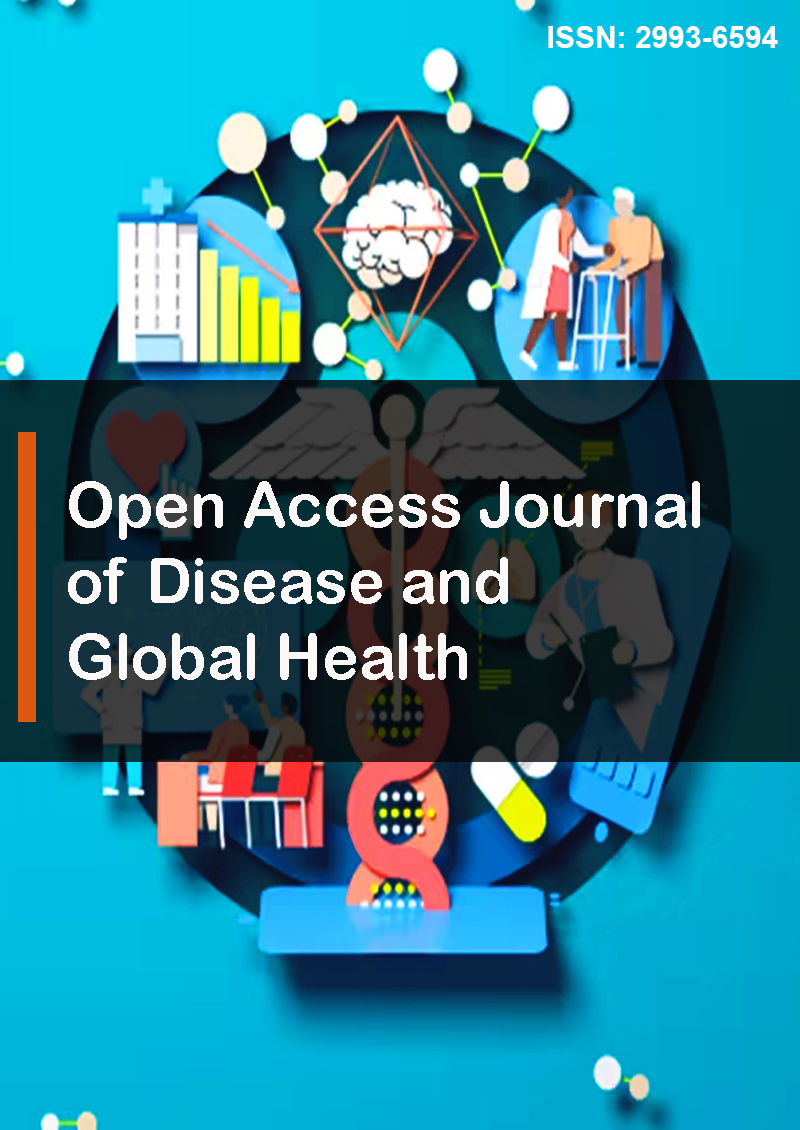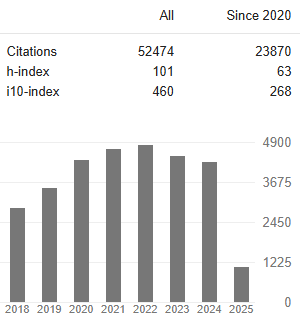Addressing the Role of Health Professions Students in Ebola Response Through Community Mobilization
Abstract
Elvis Tamale, Shanitah Nankya, Jonathan Mulungi, Paddy Malinga, Mkavita Mshilla, Allan Nsubuga and Prisca Mary Kizito
Background: Uganda faced a 4-month Ebola Virus Disease (EVD) outbreak from September 2022 to January 2023, resulting in significant mortality, morbidity, and stigma. Health professions students, including frontline workers, played a crucial role in managing epidemics through community interventions. This project, led by health professional students, aimed to enhance prevention, preparedness, and response to current and future EVD epidemics in Mbarara.
Methods: A descriptive cross-sectional study was conducted, utilizing needs assessment tools developed based on WHO information on EBV and past COVID-19 recommendations. Trained undergraduates and postgraduates collected data on knowledge, attitudes, and perceptions regarding EVD from 220 participants, including health professions students, healthcare providers, and community members. Information, Education, and Communication (IEC) materials were distributed in various locations, accompanied by community sensitization in the local language.
Results: Survey participation was gender-balanced, with 94.7% of respondents aware of EBVD. Market vendors and traders showed higher awareness, primarily through radio (75.3%) and television (65.3%). While participants believed face masks could prevent Ebola, awareness campaigns clarified its non-airborne nature. Significant knowledge gaps were identified, especially among community leaders, regarding signs, symptoms, and proper personal protective equipment for handling suspected Ebola cases.
Conclusion: Epidemics, marked by morbidity and mortality, demand functional health systems and robust epidemic readiness. Health professions students, offering a substantial workforce, prove essential in epidemic response. Addressing knowledge gaps through targeted education and preparedness efforts is critical for effective community engagement and epidemic control.




